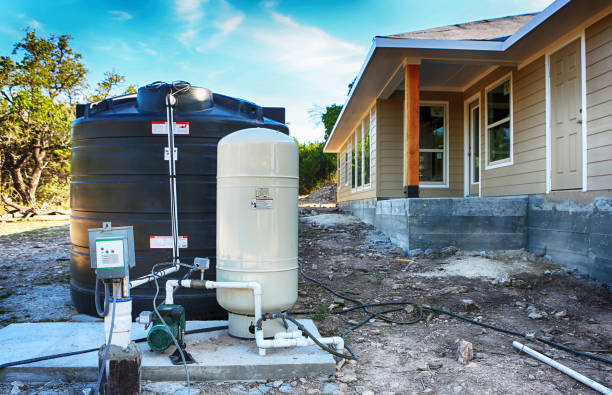Understanding Propane Tank Ownership and Its Implications

The ownership of propane tanks can have significant legal implications for both businesses and consumers. Here’s what you need to know to navigate this complex issue.
Types of Ownership
There are different models for propane tank ownership. In customer-owned scenarios, individuals buy tanks outright, making them responsible for their maintenance, safety, and eventual replacement. With company-leased tanks, the propane supplier retains ownership while allowing the customer to use them, usually handling maintenance and safety checks. Rental tanks involve a recurring fee where the company keeps ownership and manages upkeep.
Legal Responsibilities
Ownership of propane tanks comes with legal obligations. Owners must ensure that their tanks are safe by completing regular inspections, maintenance, and repairs. Compliance with propane storage and safety regulations at federal, state, and local levels is required for all tank owners. Liability for accidents or leaks can fall on the tank owner if negligence or improper maintenance is involved.
Environmental Regulations
At the end of their life cycle, propane tanks must be disposed of according to strict environmental regulations in order to avoid harm. Owners have a legal duty to prevent leaks that could lead to soil or water contamination, with potential fines for non-compliance.
Insurance and Liability
Insurance is vital for propane tank owners to cover accidents, damages, or legal claims stemming from tank use or failure. Leasing or rental agreements often contain clauses that define liability, clarifying who is responsible should an incident occur.
Property Rights and Usage
If you move, the ownership status of a tank can complicate matters, especially if it’s company-owned but installed on your property. Selling a property with a propane tank requires clear understanding and documentation of ownership rights, which can impact the sale process.
Consumer Education
It’s important for customers to fully grasp the terms of any tank agreement in order to sidestep potential legal issues. Educating users on safe tank handling and emergency responses can do much to reduce risks and possible legal disputes.
Impact on Propane Businesses
The legal nuances of propane tank ownership can significantly affect propane businesses. Clear, legally binding service agreements can protect companies from liability while ensuring customer satisfaction and regulatory adherence. Offering maintenance programs can not only serve as an additional revenue source but also ensure that tanks meet legal safety standards, thereby diminishing risk. Managing tank ownership can enhance customer retention, as businesses become the primary source for refills, maintenance, or tank replacement.
Understanding the legal aspects of tank ownership aids in risk management, covering everything from environmental compliance to potential litigation. Deciding whether to sell, lease, or rent tanks can shape a business’s market strategy, influencing both customer loyalty and the company’s business model. Finally, effective management of tank ownership can impact insurance costs, as safer, well-maintained tanks are viewed as lower risks by insurers.
By navigating the legal landscape of propane tank ownership, businesses can safeguard themselves against legal and financial risks while also strengthening their market position. This involves clear communication with customers, adherence to safety and environmental regulations, and strategic decisions on how tanks are managed within their business model. This approach can lead to better customer relationships, regulatory compliance, and ultimately, a more robust and sustainable business operation.













